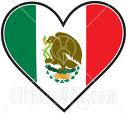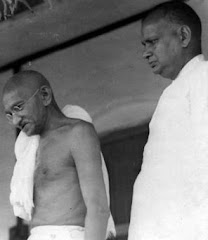The 2012 Fall Team came together on Oct. 11 when Sam, John,
and Katrina arrived to join Tom and Mary who had arrived a few days earlier. On our first evening together we were
contacted by the field coordinator for Rabbis for Human Rights and asked if we
could join a group of folks coming up from Jerusalem to pick olives in a field
very close to our location. It was
feared that there could be trouble from an ultra-orthodox settlement nearby. Despite some travel weariness, the Team
decided to respond affirmatively to the request. We are glad we did. (See our blog posted by
Katrina on Oct. 16.)
 |
| The Fall Team... Mary, Tom, John, Sam and "Dorothy" :) |
On Sunday we decide to take a short trip north to the city
of Nablus (pop.134,000). There we visit the Balata Refugee Camp which began as
a tent city in 1950 when Zionists took over villages that are now part of
Israel. With United Nations help it now
consists of permanent structures. It is
the largest refugee camp in the West Bank with 20,000 residents and is plagued
by overcrowding and unemployment.
Adjacent to the Camp is the site of Jacob’s Well where Jesus met the
Samaritan woman and revealed himself to her.
It is now the site of an Orthodox church which had its beginnings in 529
A.D.
 |
| The bazaar in Nablus |
In the center of Nablus, we visit the famous Al Qasaba, a
bazaar that goes as far back, they say, as 4000 years. The name, Nablus, goes back to 70 A.D. when
the Romans built a new city and named it Neapolis. Today Nablus is known for its strong
resistance to the Israeli occupation. For
that it has become known as The Radical City.
In 2002 a major battle took place in which there were 78 deaths,
hundreds were arrested, and 64 buildings damaged or destroyed. The UN estimated the damage at $110 m.
(Wikipedia)
 |
| Jacob's Well |
 |
| Balata Refugee Camp |
In the Al Qasaba bazaar we visit an olive-oil soap factory
deep within the labyrinth of shops and stands.
We talk at length with an older man who explains how olive-oil soap is
made. When we ask him how he feels about
his city being under occupation, we are surprised by his calm reply. We have been here for centuries, he says, and
there may be times when enemies try to take our homes away, but we will still
be here and in the end we will prevail, inshallah
(God willing), and, if not in our time, we will still go in peace to heaven
with God.
His words remind us
of a poem that one of our Team shared the next day.
It is called “Palestinian Am I” by Edna Yaghi: Here are the last two verses…
It is called “Palestinian Am I” by Edna Yaghi: Here are the last two verses…
No one can take my
identity
Away from me,
Not tanks or guns
or bombs
Meant to desecrate
me and kill me.
My country lives
in me.
I am the cry of
liberty
No matter what
they take from me,
They can’t take
away my identity
Or my dignity.
Palestinian am I.







No comments:
Post a Comment